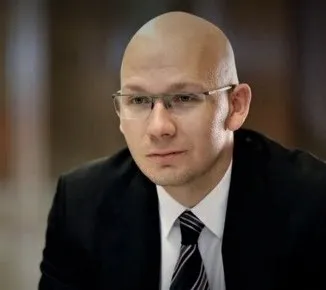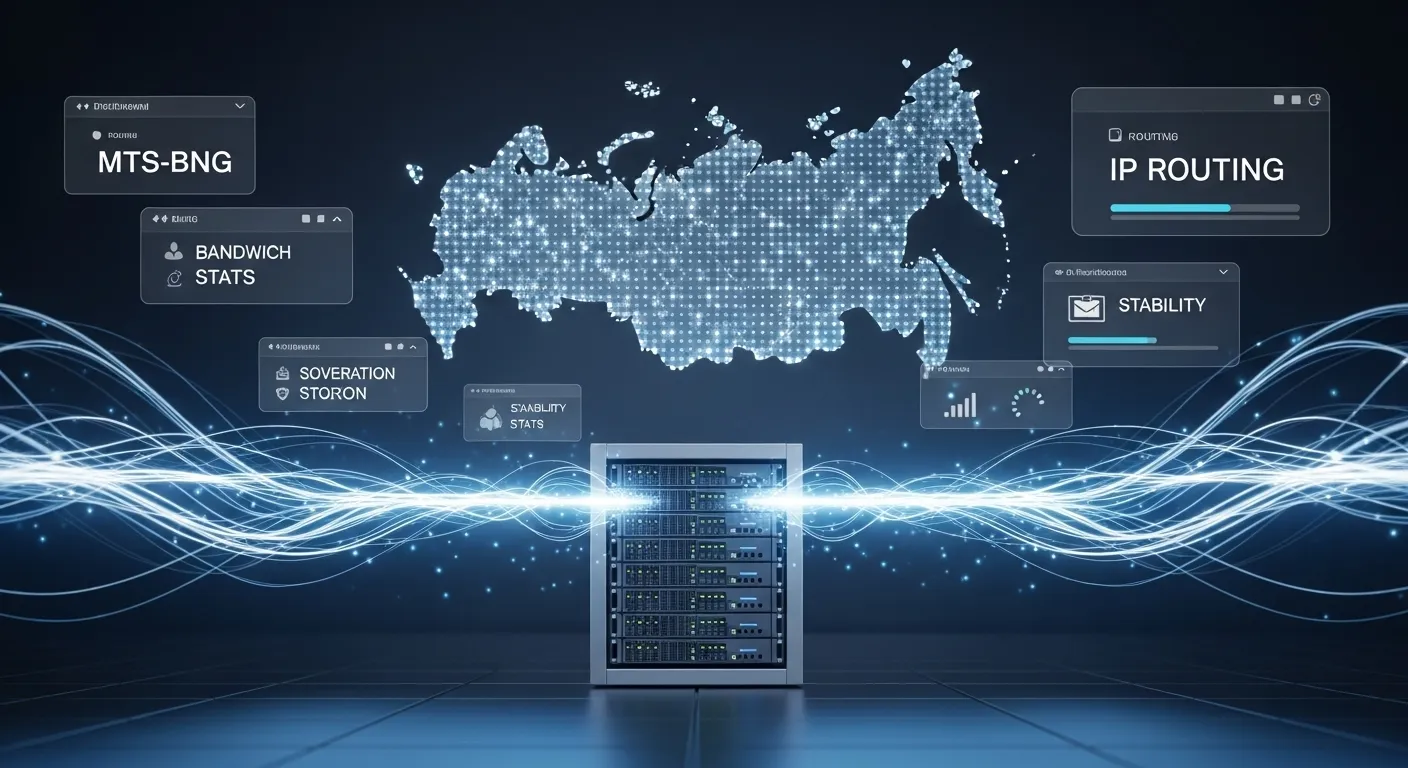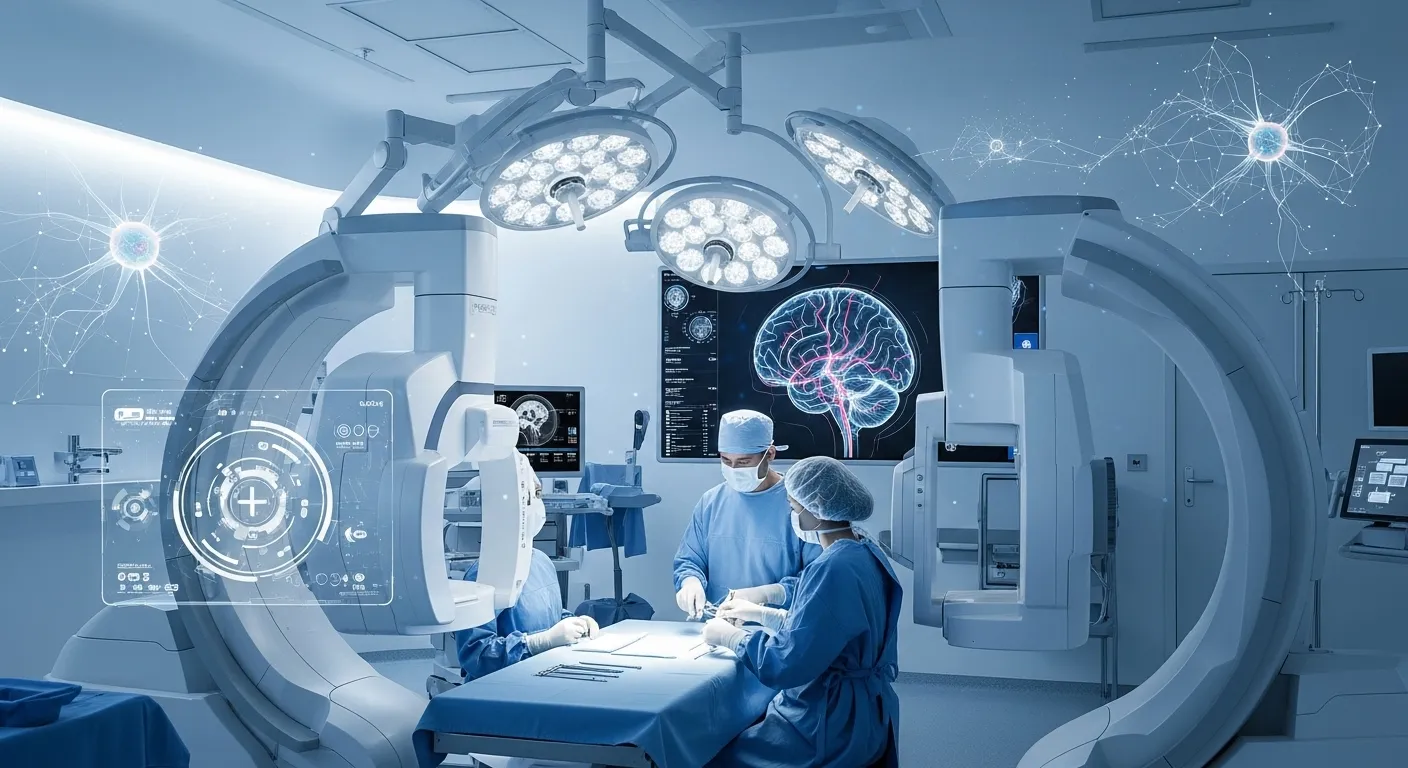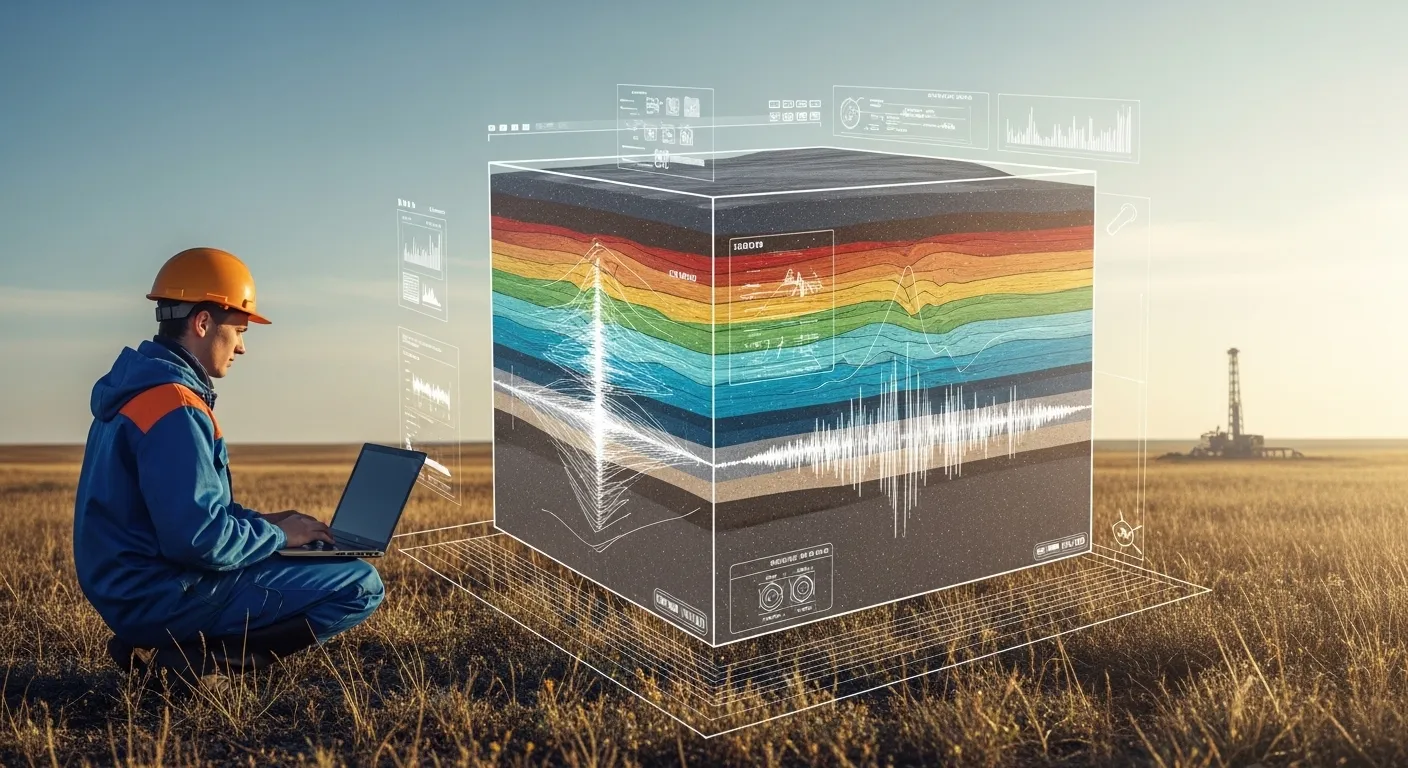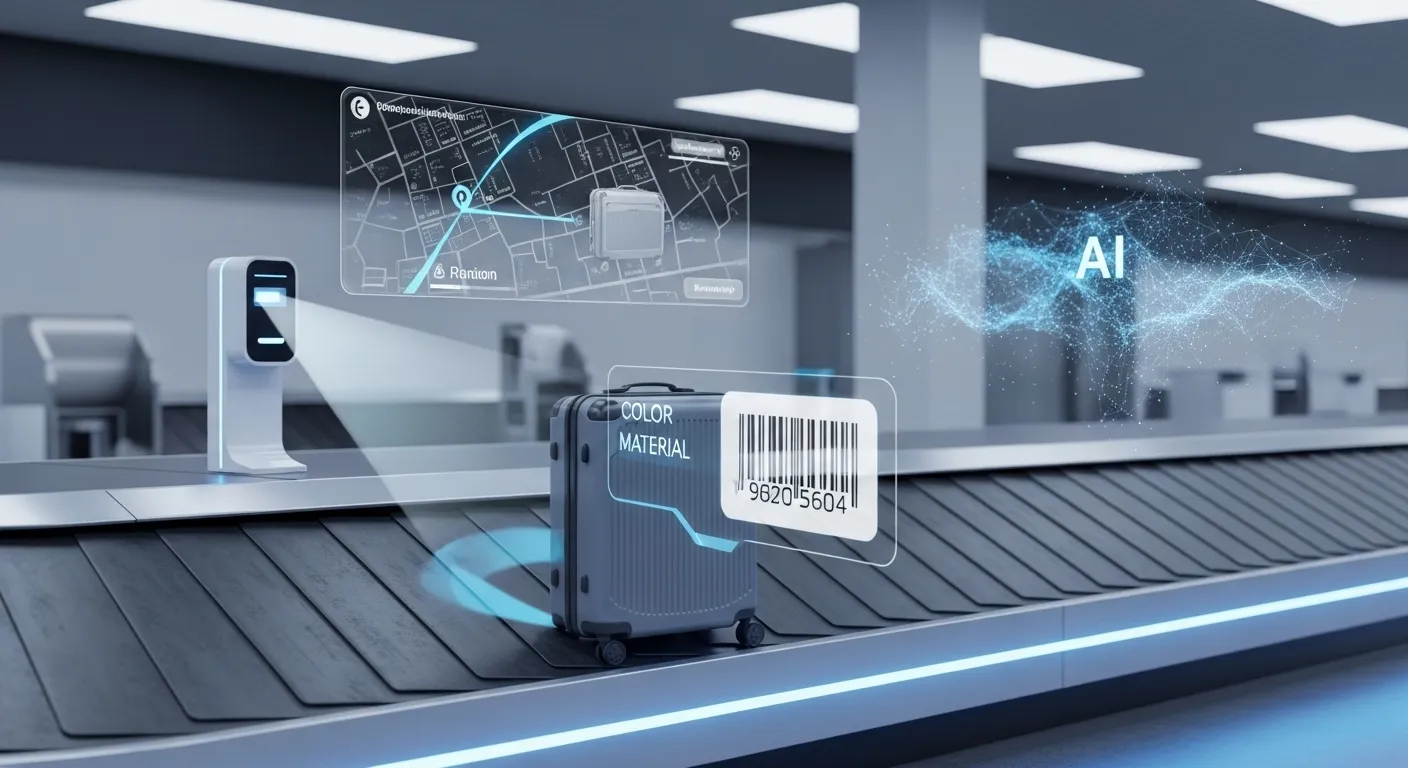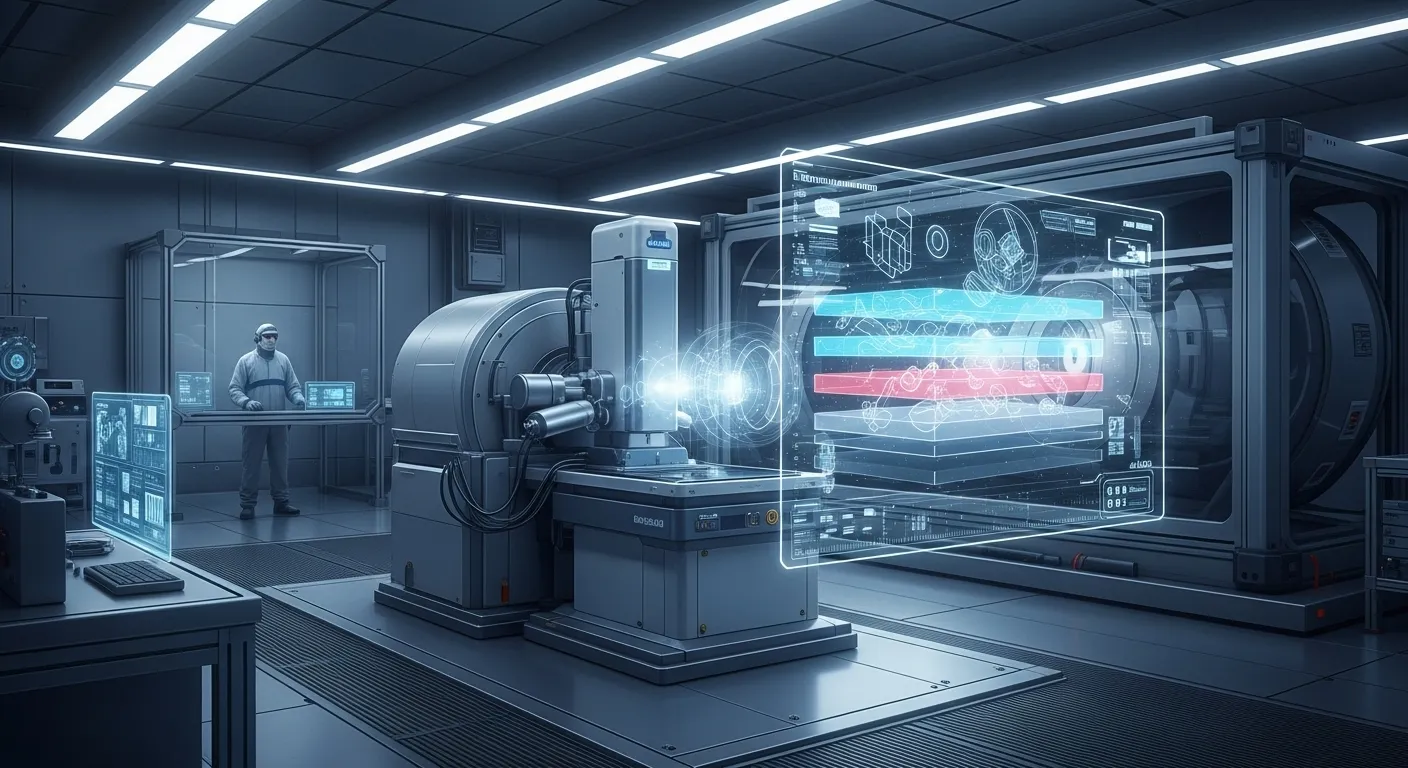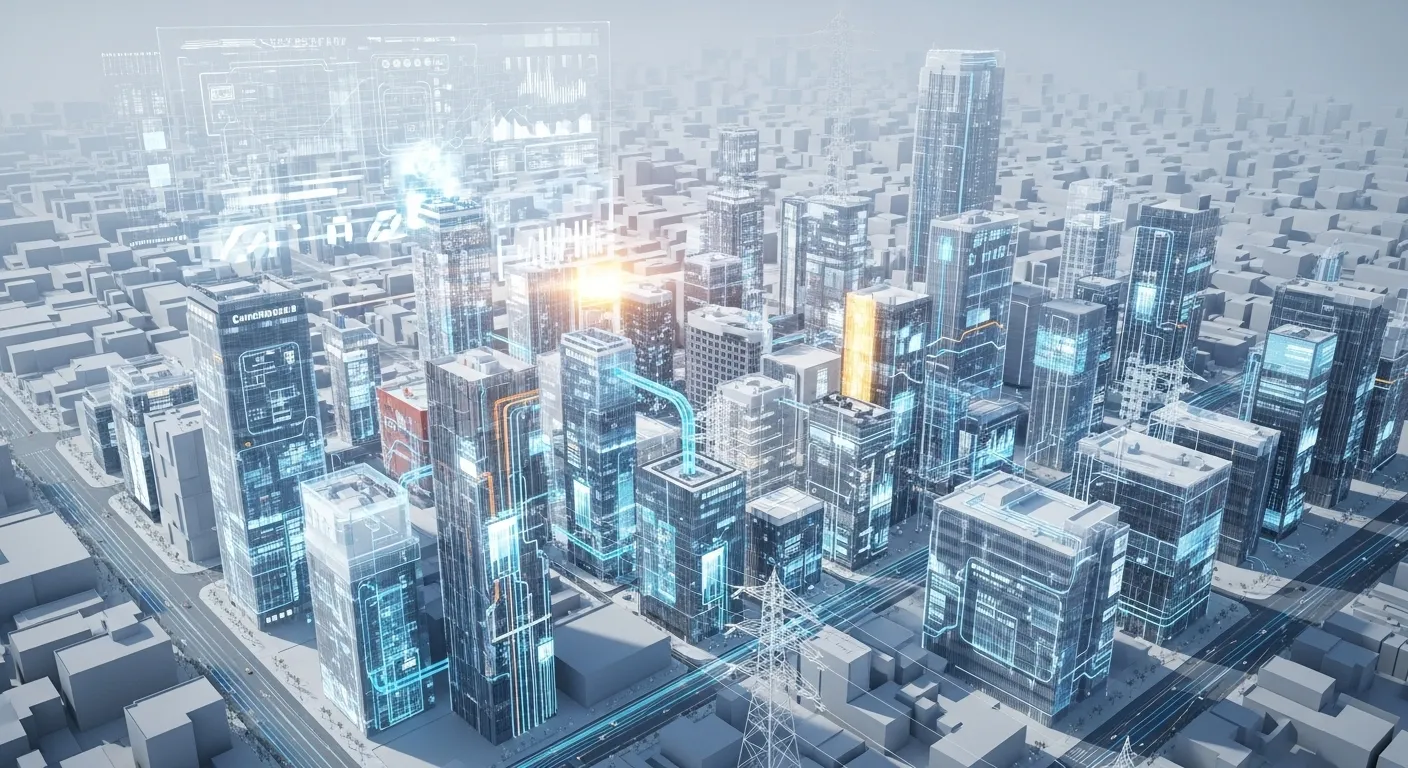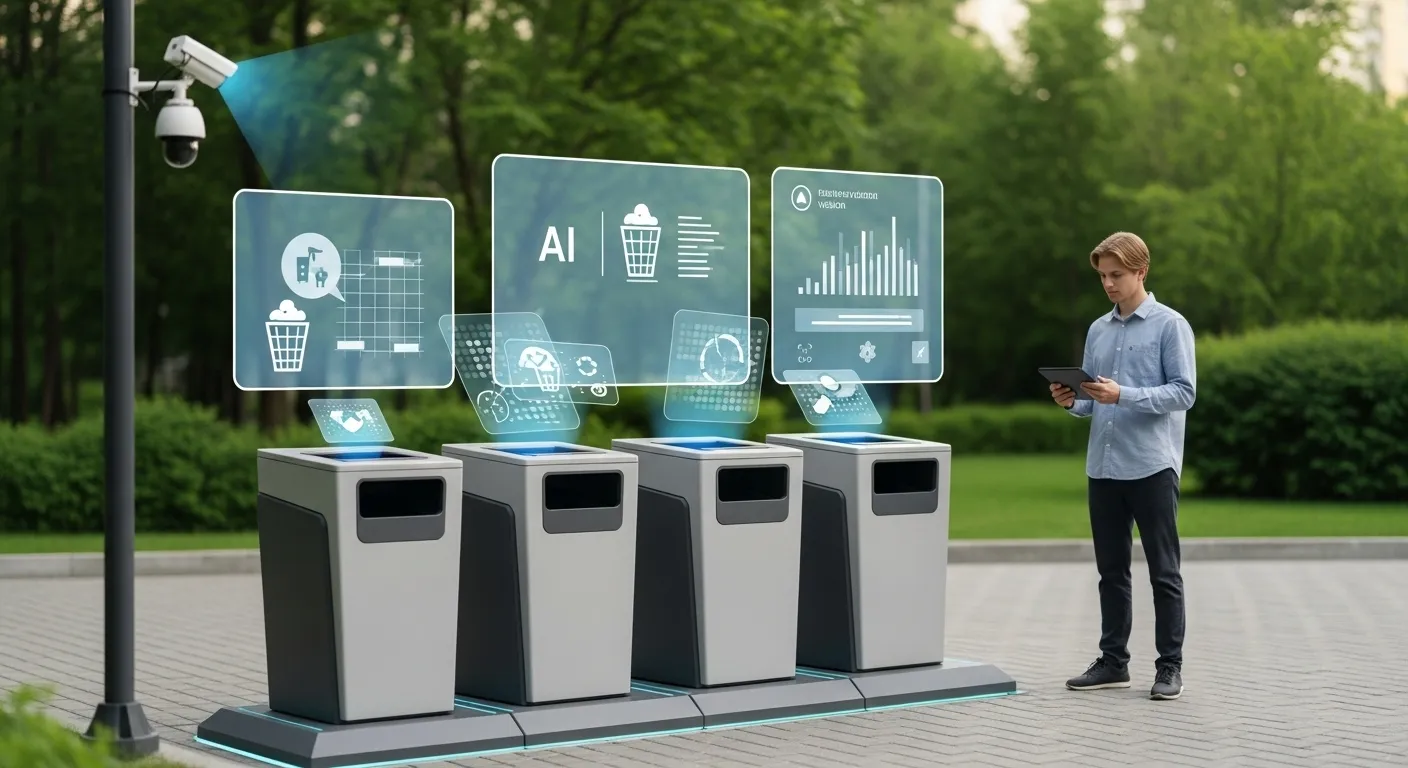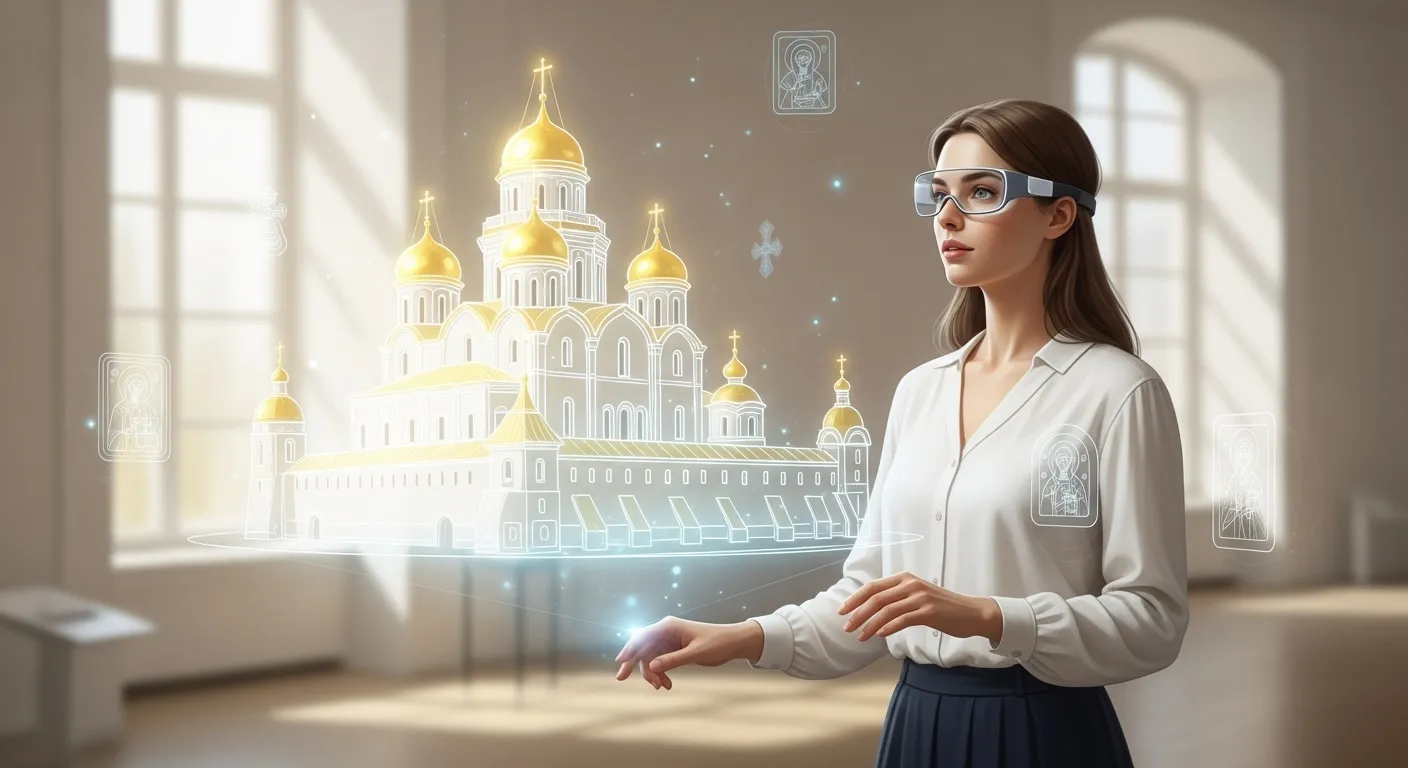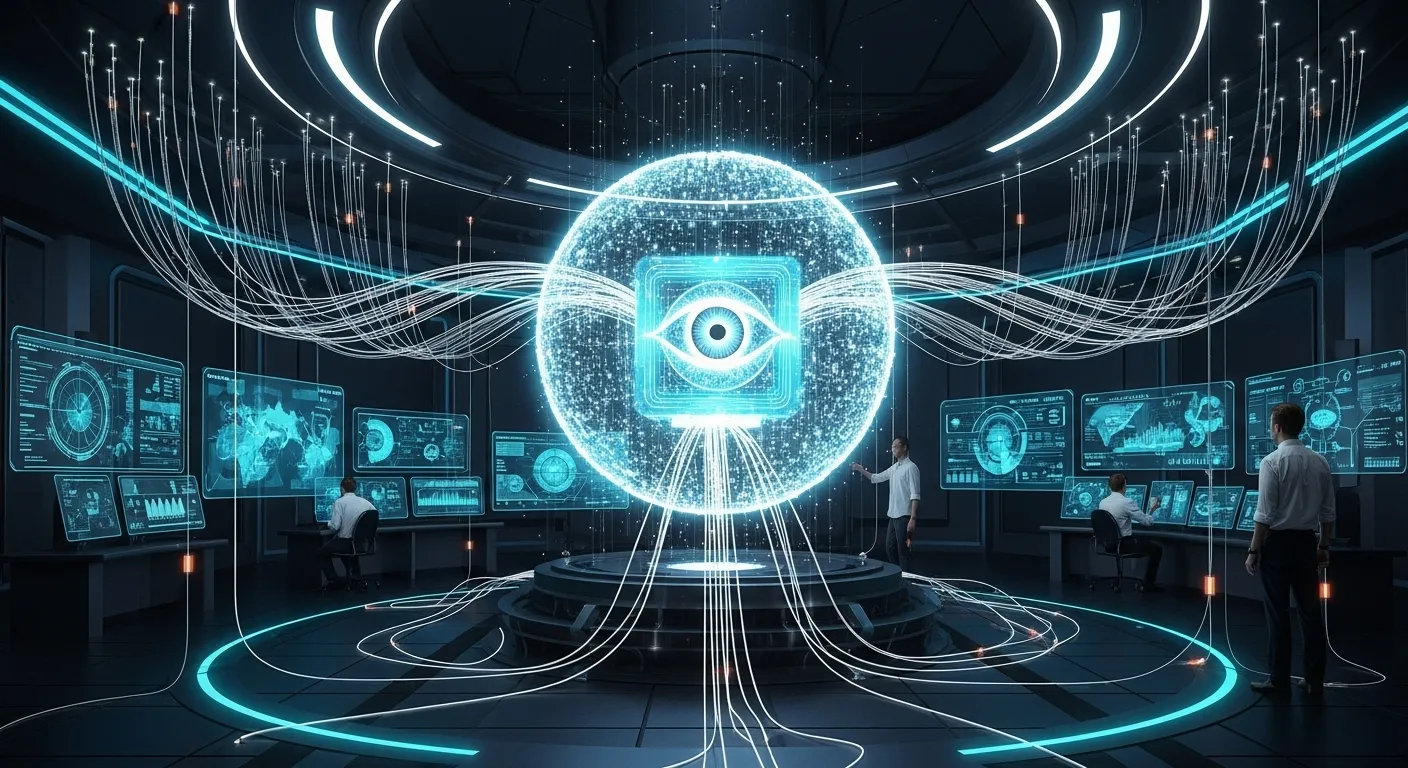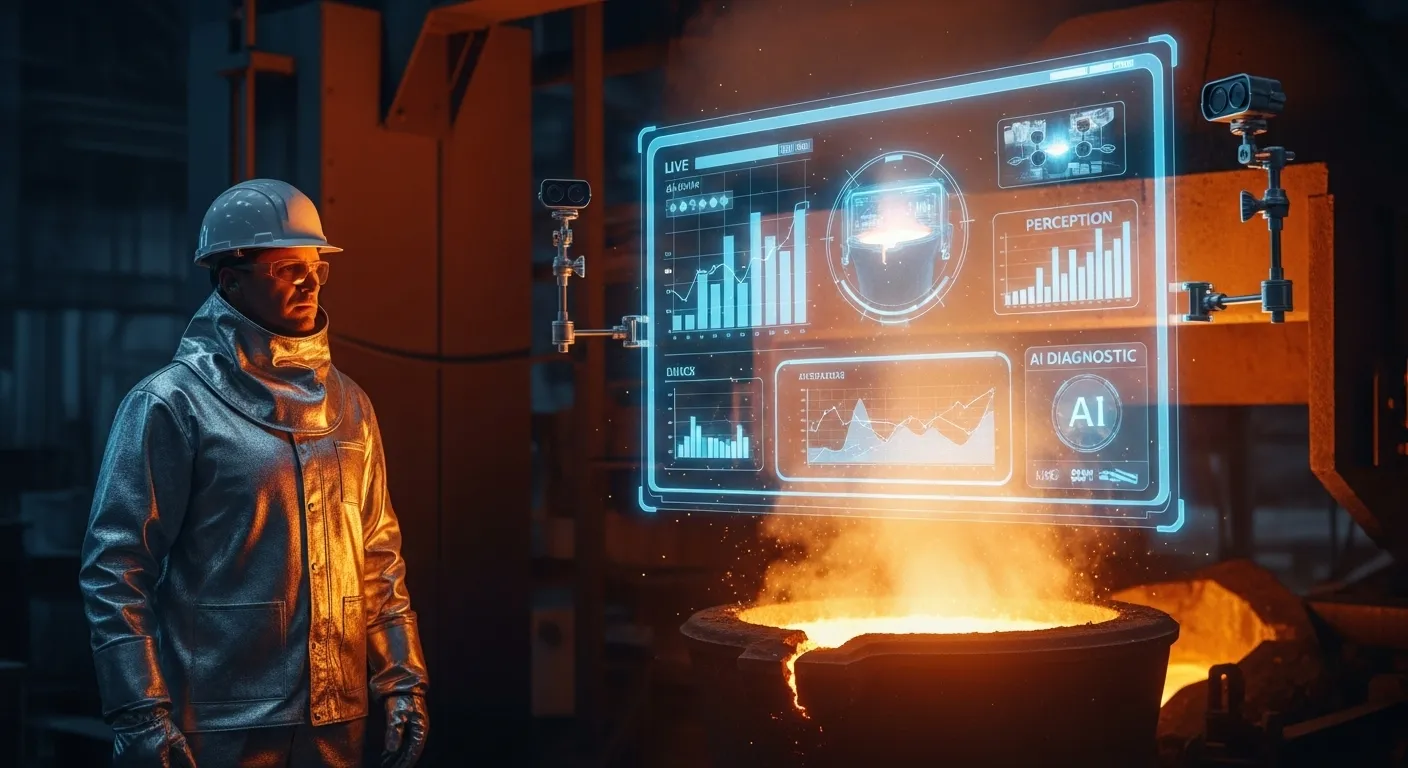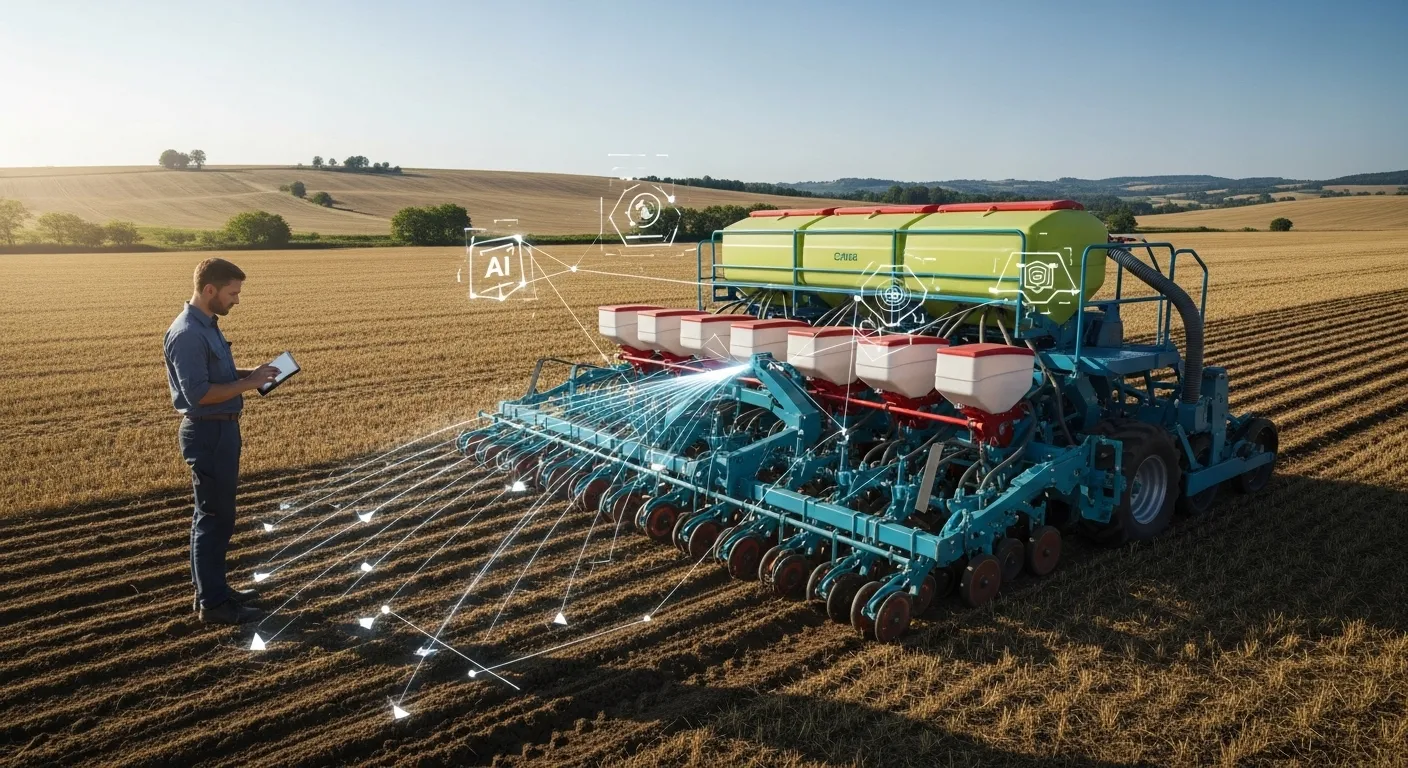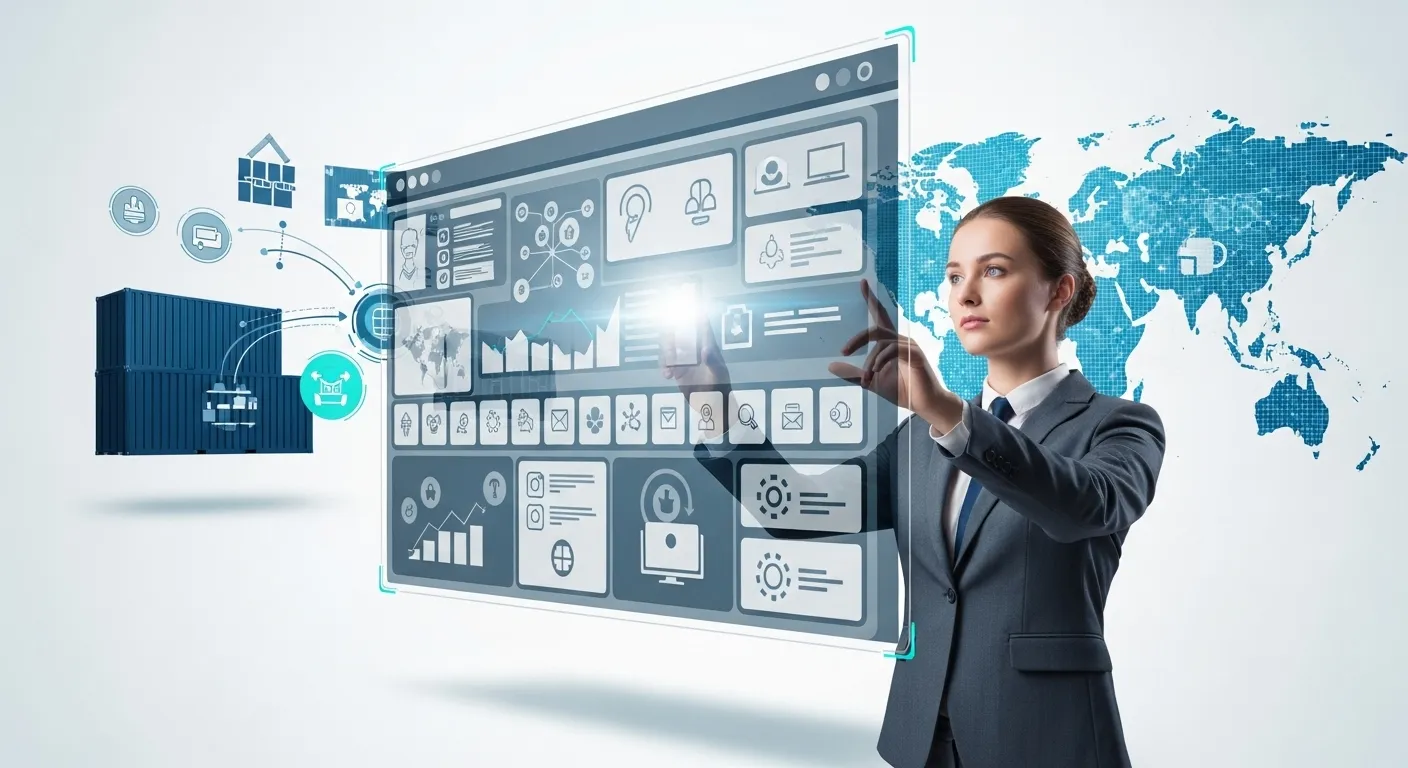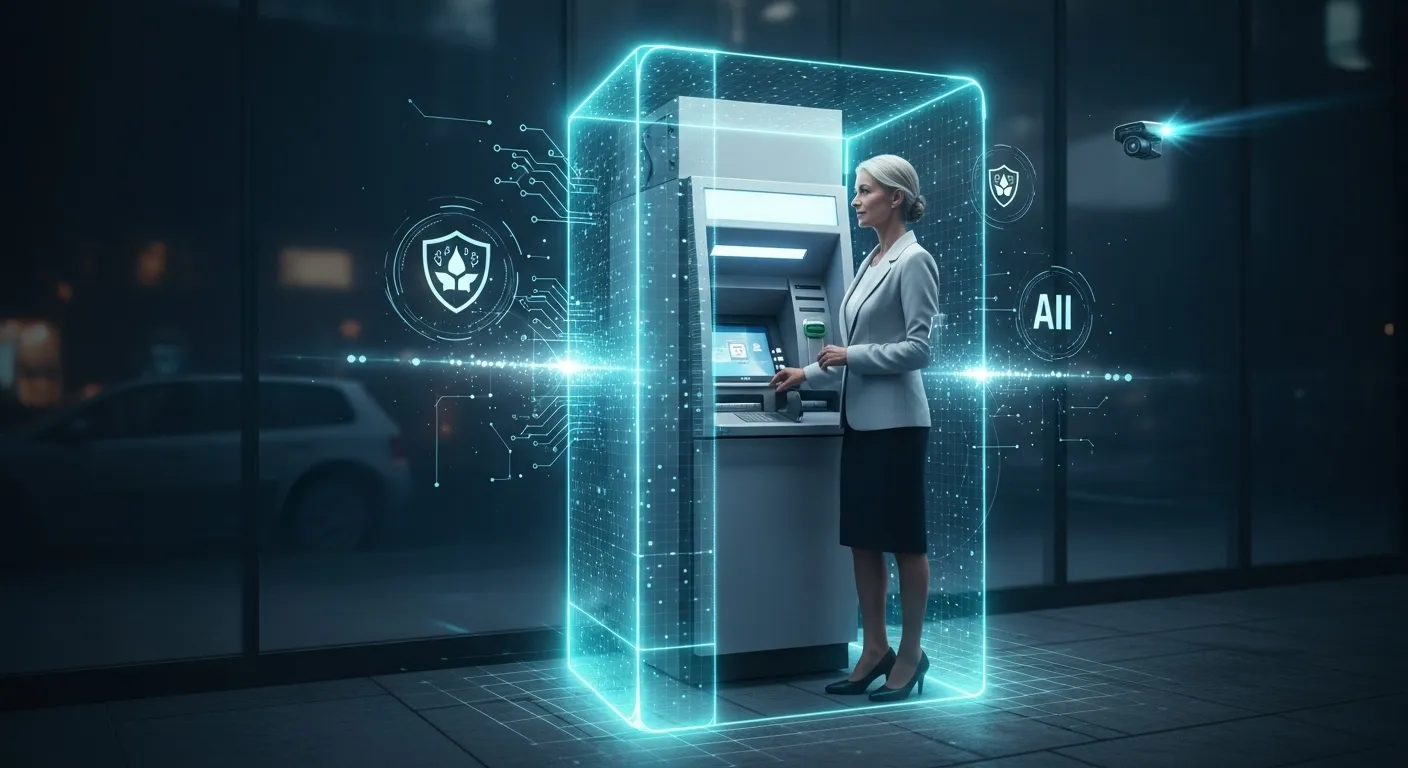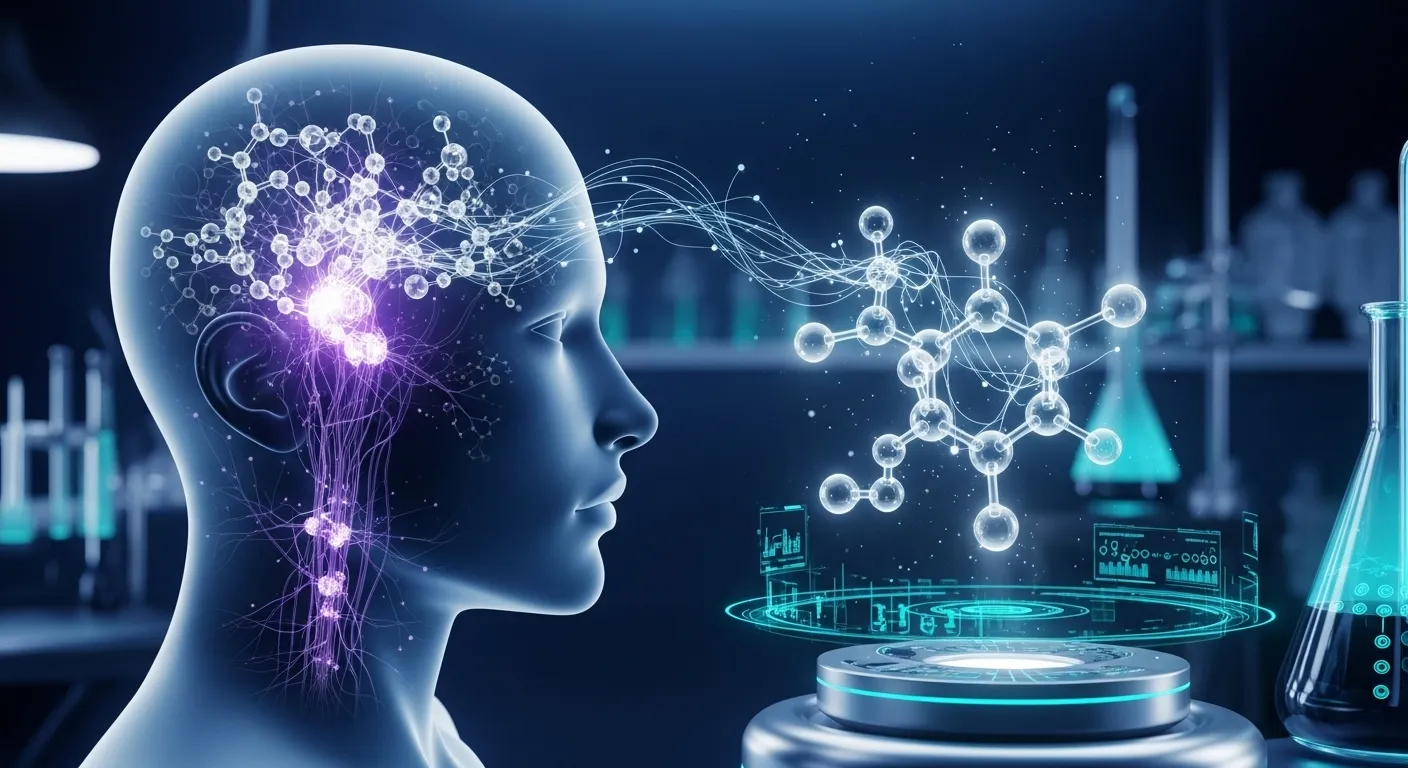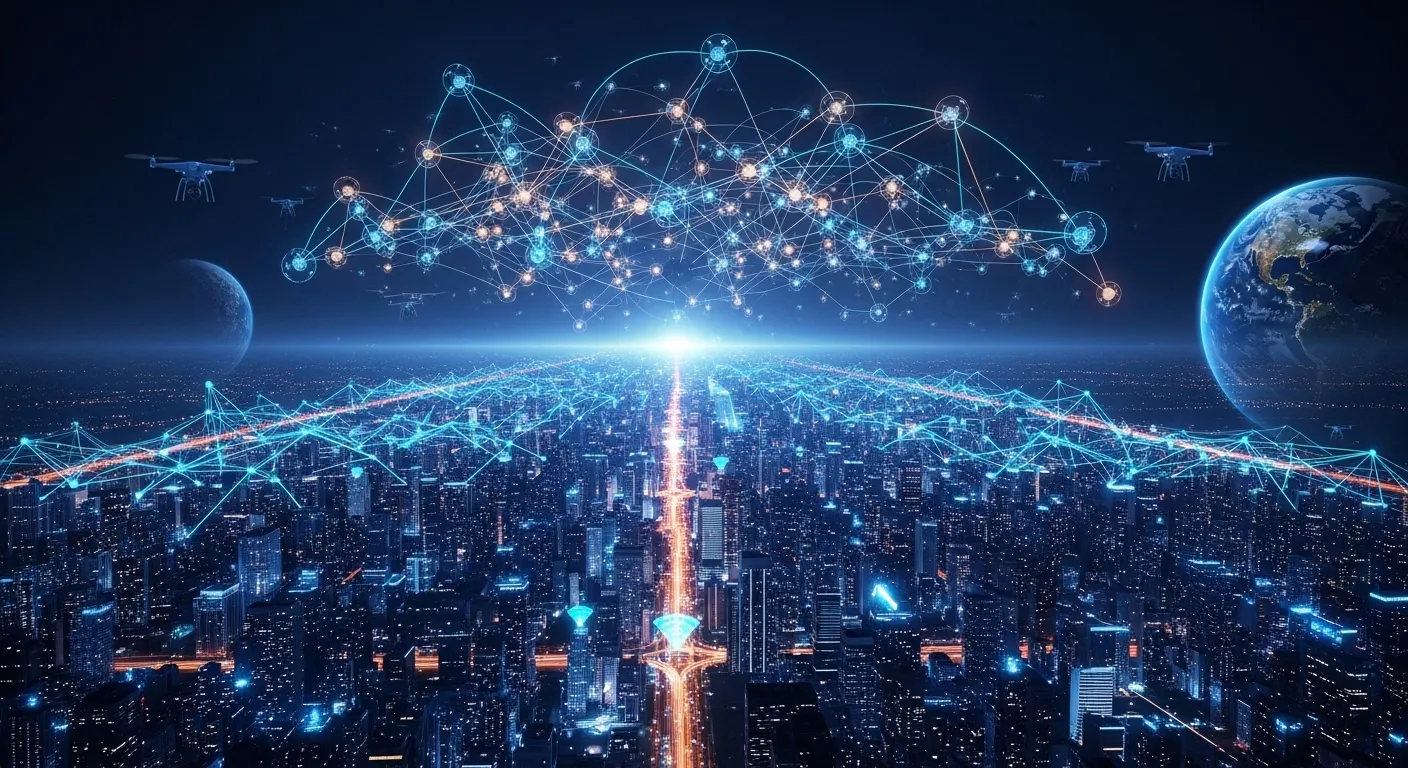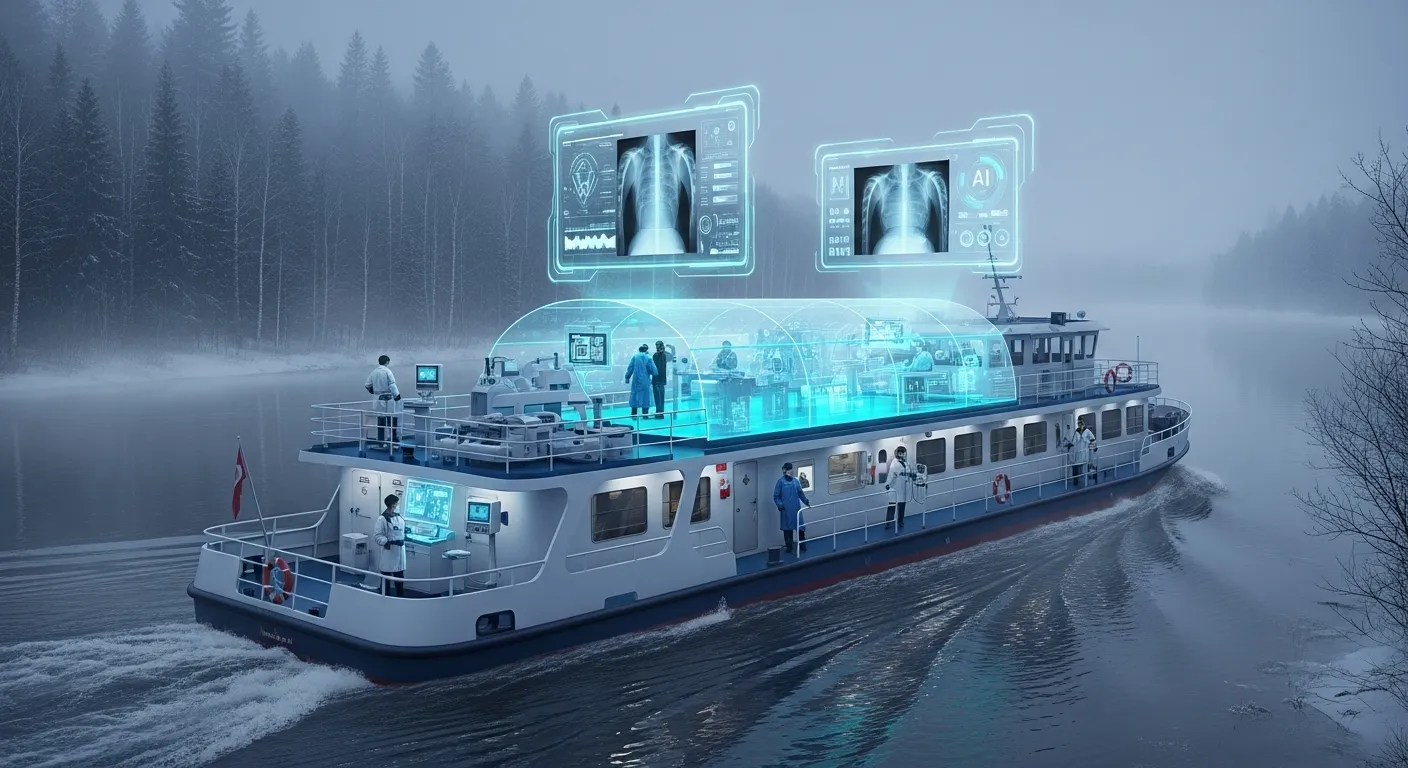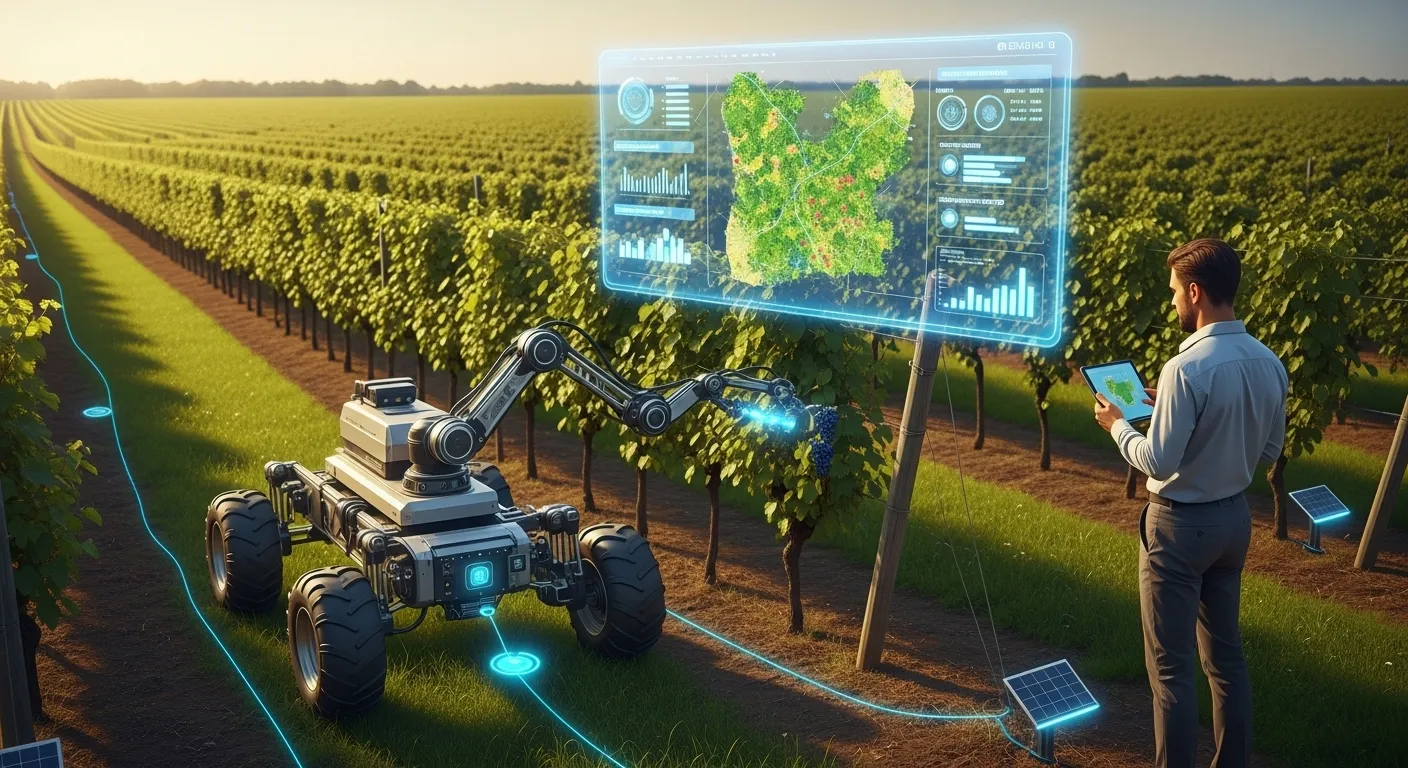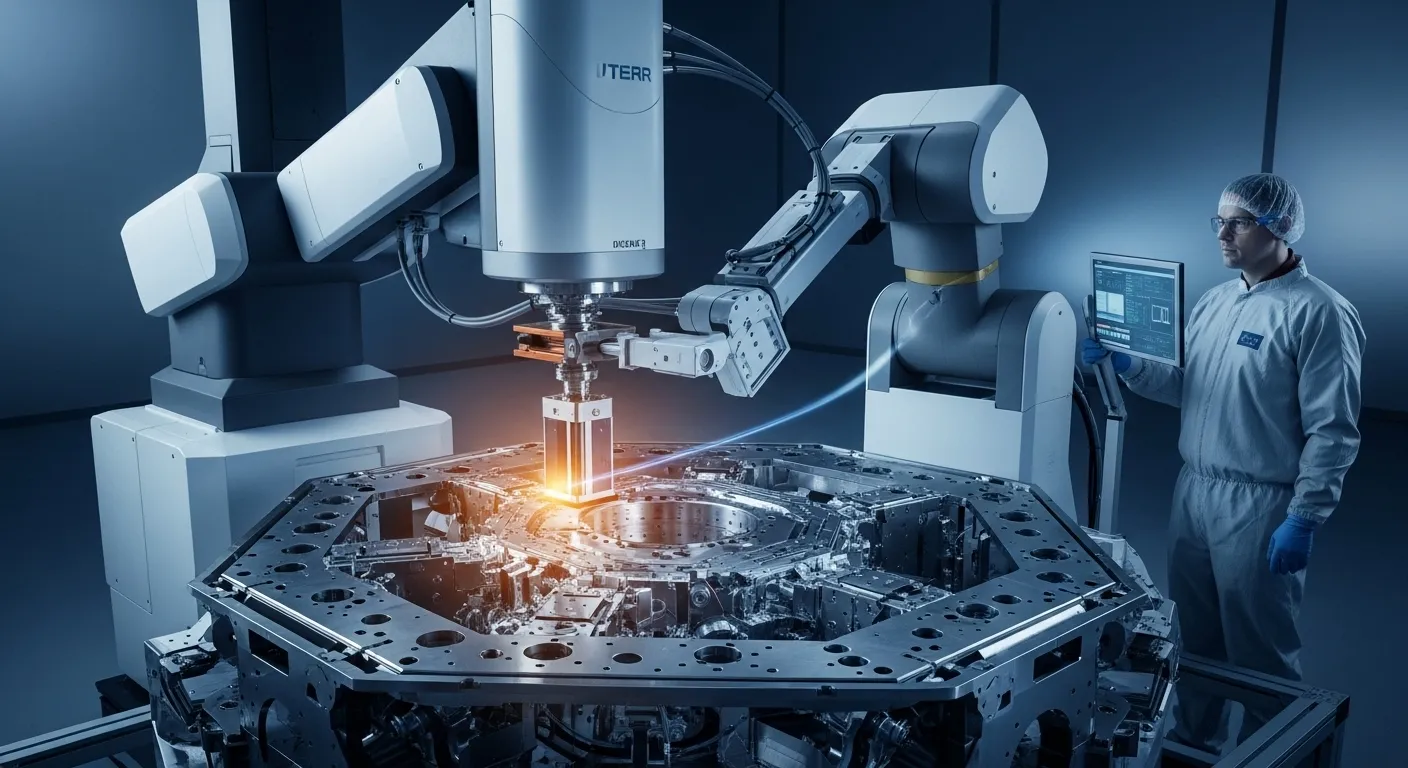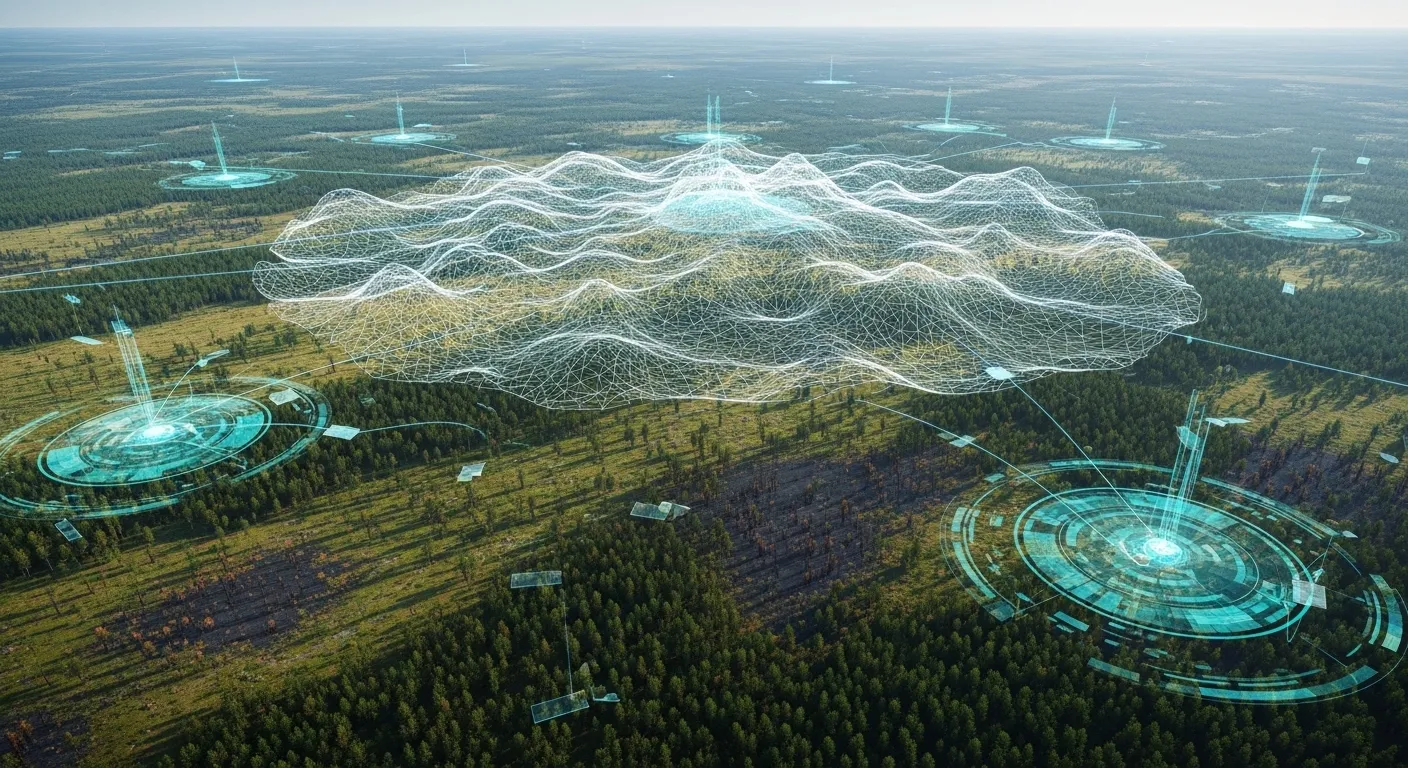Digital Revolution in Public Utilities: How Smart Technologies Are Transforming Russian Infrastructure
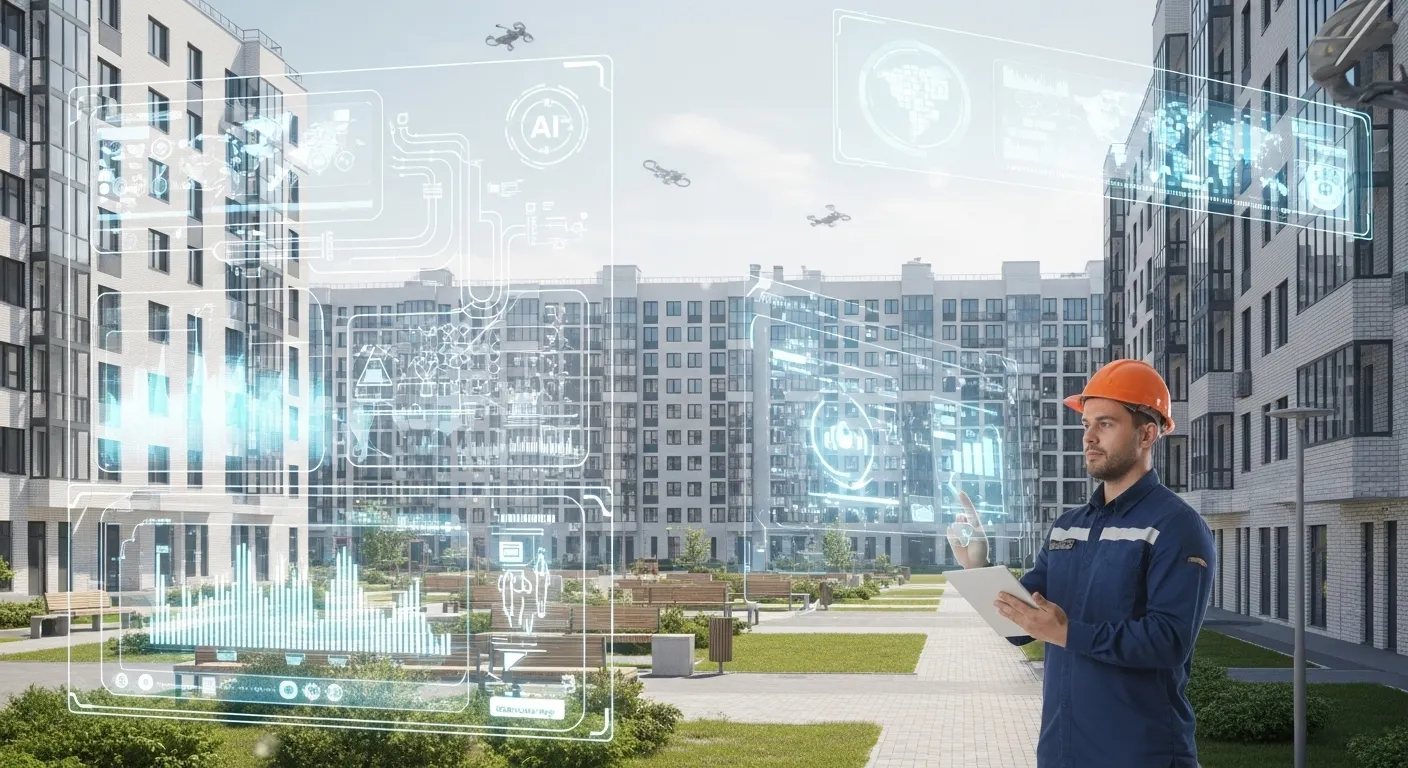
Russia is leveraging digital tools and artificial intelligence to modernize aging utility systems, cut infrastructure costs, and improve service delivery across the country.
Aging Infrastructure at a Critical Juncture
The Russian Ministry of Energy has turned its focus to the country’s deteriorating utility infrastructure. At a recent Council of the Federation meeting, Deputy Minister Pyotr Konyushenko outlined the agency’s approach to revamping heating networks. More than 42% of existing pipelines require replacement, according to official statistics. The proposed solution includes broader adoption of the 'alternative boiler house' model, which calculates heating prices based on the lesser of two costs—building a new source or connecting to an existing one.
This model has proven successful. In regulated heat supply zones where the approach has been implemented, investment levels have doubled compared to traditional tariff-based systems.
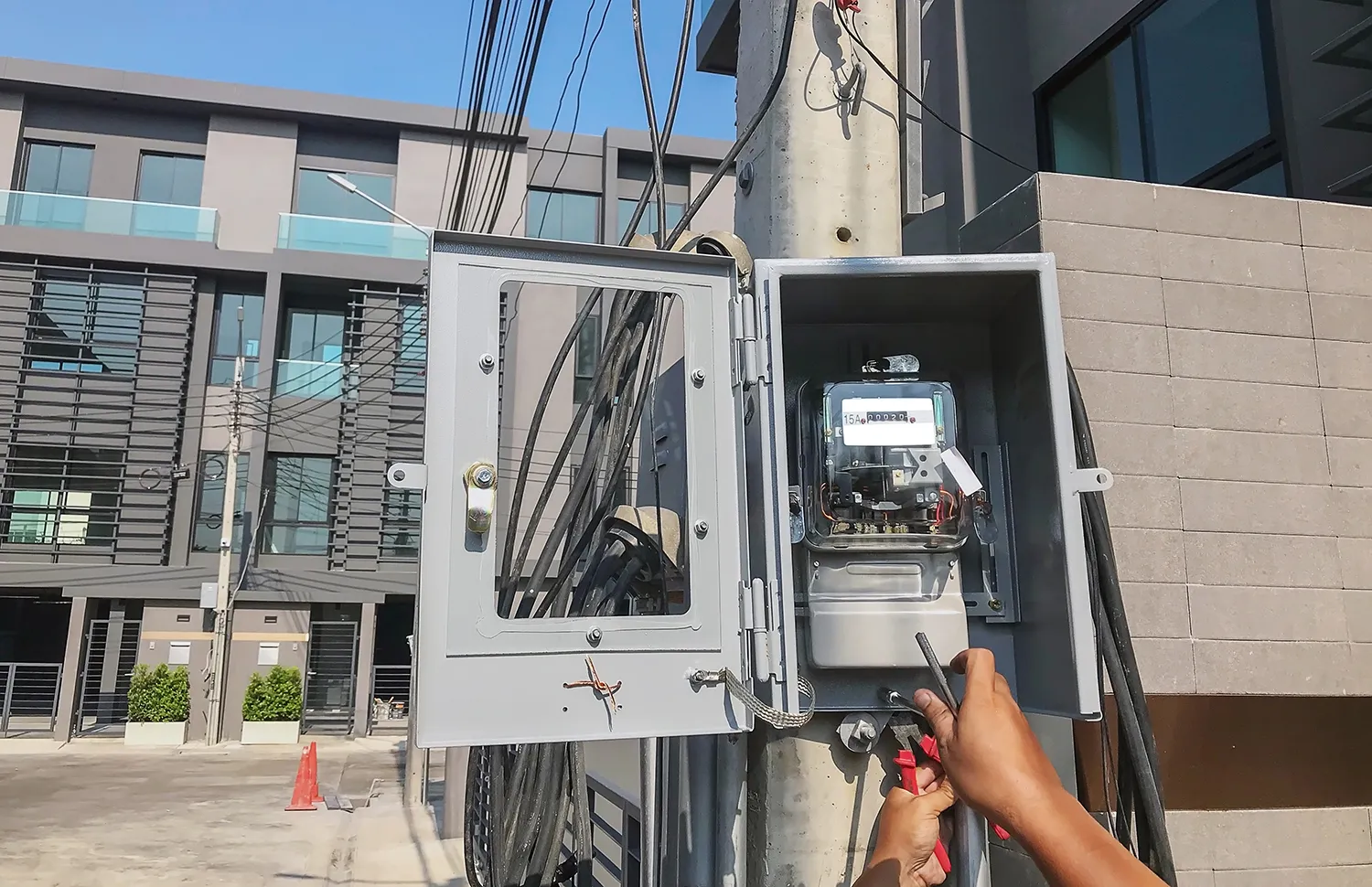
Three Breakthrough Technologies
The Territorial Development Fund has spotlighted key artificial intelligence-based solutions that are proving effective for utility management companies.
Smart meters powered by AI analyze energy consumption in real time, providing early warnings of overloads. In Moscow, implementation of the MOEK Online system has cut electricity losses by 25%.
Autonomous drones and underground robots now scan heating pipelines to detect corrosion and leaks. A pilot project in Samara identified 57 hidden defects and led to the replacement of 330 meters of damaged pipes.
Digital twins—virtual models of residential buildings or utility networks—are also being deployed. These models contain dynamic data on every infrastructure component and their technical status.
Together, these tools are improving the reliability of utility systems, cutting maintenance costs, reducing failure rates, and ultimately lowering tariffs while enhancing safety and comfort for citizens.
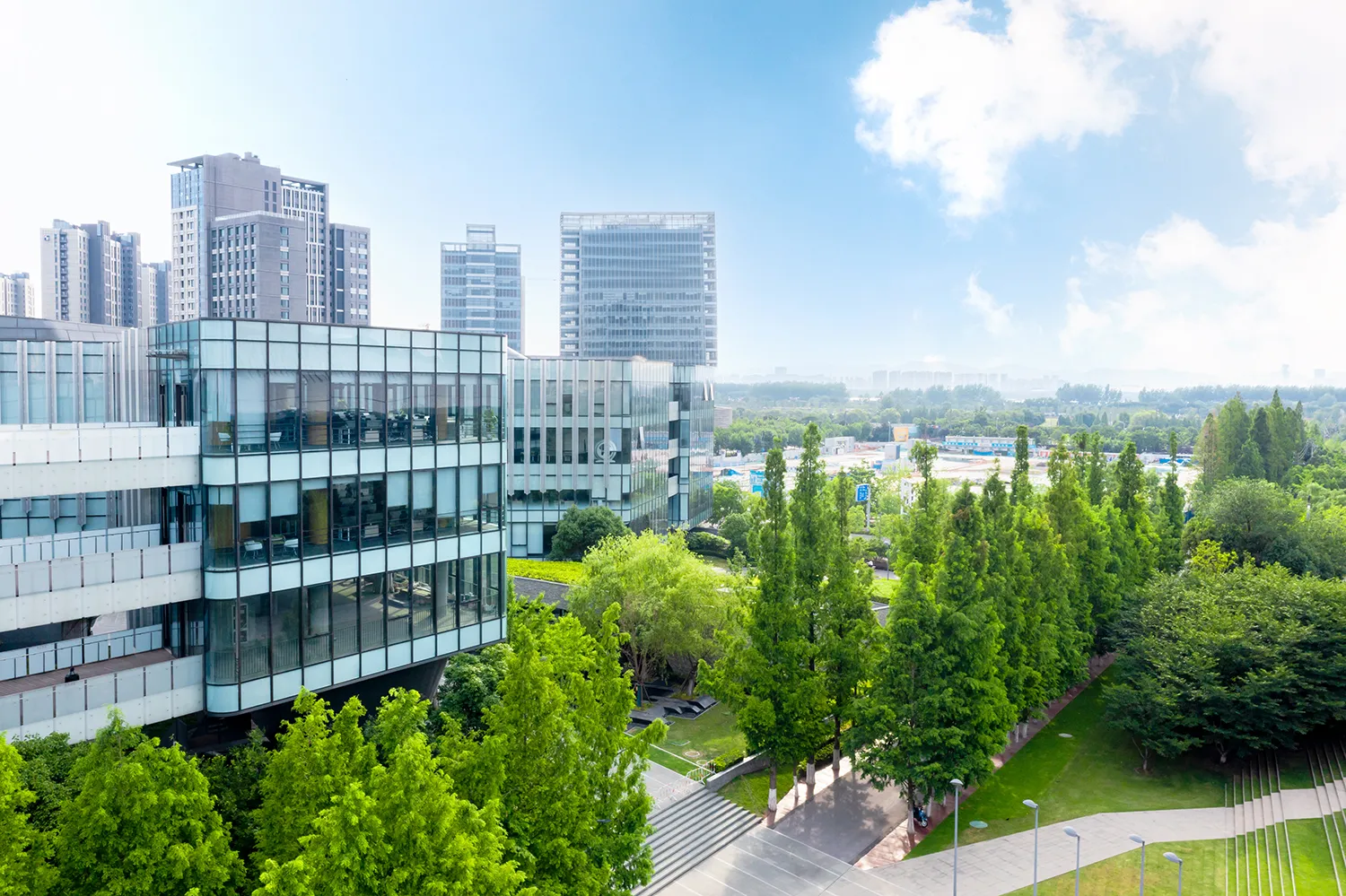
Utilities 2.0: From Smart Buildings to Smart Cities
Since 2020, digital transformation has rapidly reshaped Russia’s utilities sector. The industry has evolved from its first national software platforms for tracking and paying utility bills to now include smart buildings, smart neighborhoods, and even digital twins of entire cities.
Over the past three years, Russian utility companies have invested heavily in import-substitution technologies. These range from proprietary software platforms and real-time monitoring and analytics systems to advanced hardware implementations.
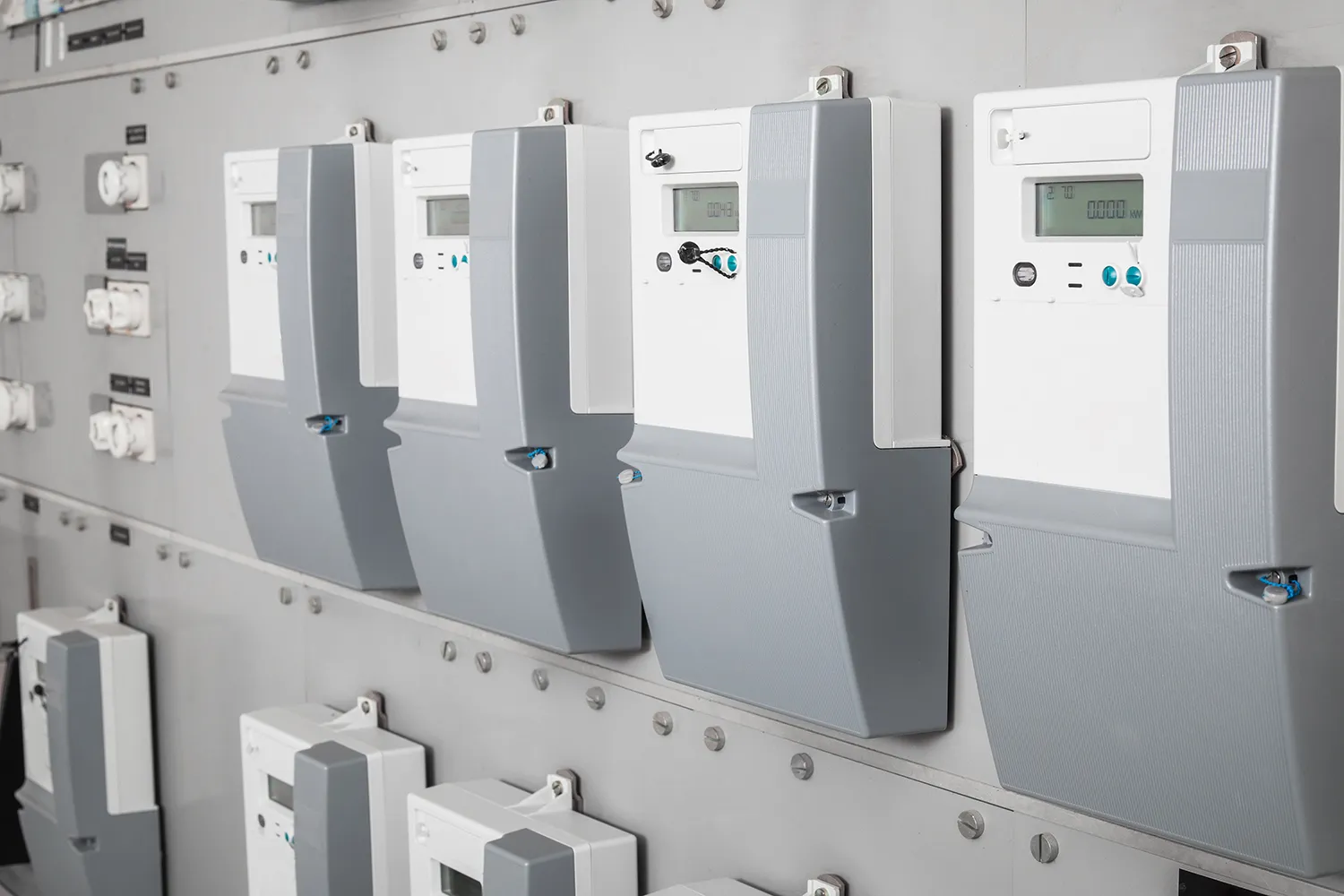
Looking Ahead: Broader Adoption and Global Reach
Russian digital solutions are expected to see broader adoption. They are not only significantly cheaper than Western alternatives but are also built to operate in extreme conditions, giving them an edge in domestic and international markets.
This positions the technologies for implementation in both Russia’s largest cities, like Moscow and St. Petersburg, and in smaller municipalities across the country. Moreover, they could benefit countries in the Commonwealth of Independent States (CIS) and the Global South, where infrastructure challenges are both widespread and acute.
For residents, the digitalization of public utilities promises fewer outages, clearer billing practices, and more livable urban spaces. For the Russian state, it represents an opportunity to save billions of rubles annually through more efficient resource use—and to stake out a leadership role in infrastructure innovation.


